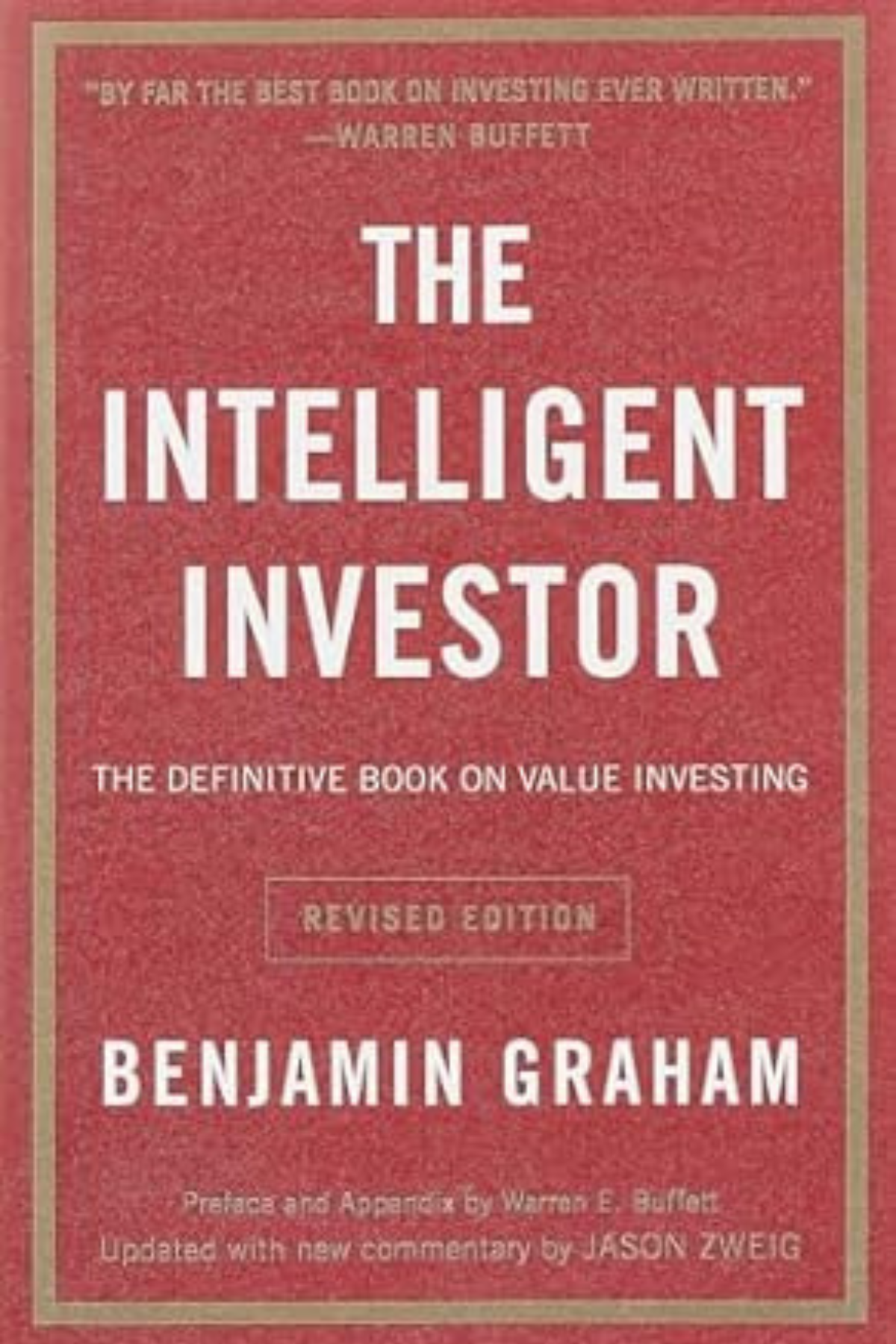But investing isn’t about beating others at their game. It’s about controlling yourself at your own game.
- Benjamin Graham
The Intelligent Investor, written by the legendary investor Benjamin Graham, had been sitting in the dust on my bookshelf for a while. I’ve long known this is a must-read for anyone serious about investing, but it wasn’t until I finished my CFA exam that I felt it was the right moment to finally open it.
As the subtitle promises—“The Definitive Book on Value Investing”—I was blown away by Graham’s timeless insights. His writing, rich in depth and literary flair, makes this much more than a dry finance textbook. This is another book I simply can’t summarise—not because it lacks clarity, but because:
1. I haven’t yet fully digested everything (a second read is a must).
2. Graham doesn’t waste a single word. Every sentence carries weight, and trying to summarise it might actually dilute the value you could extract from a full read.
Still, I want to share some thoughts
Right from the start, Graham draws a powerful distinction between two types of market participants: the intelligent investor and the speculator. He defines an investment operation as one that is based on thorough analysis, offers safety of principal, and promises an adequate return. Anything that doesn’t meet those criteria is not investing—it’s speculation. And the real danger, Graham warns, is not speculation itself, but when people speculate while thinking they’re investing. That line hit me hard—it’s probably the most important mindset shift any investor must make early on.
If Graham’s core material is already enlightening, the chapter commentaries by Jason Zweig elevate the book to another level. His modern perspective bridges the gap between Graham’s mid-century wisdom and today’s markets. It’s a book for everyone. While some basic financial knowledge helps, Graham explains foundational concepts—like funds, dividends, and stock picking—clearly and patiently.
So many of the investment books I’ve read seem to trace their ideas directly back to The Intelligent Investor. It’s not just a technical manual; it’s a guide to investor behaviour. Graham reminds us that success in investing isn’t just about skill, but about temperament—judgment, discipline, and the courage to think independently.
One of the most powerful lessons is the importance of filtering out the noise: daily stock price swings, analyst predictions, interviews with company executives. These distractions are endless. Graham—and those who follow his path—urge us to stay grounded in fundamentals and resist the hype.
As Jason Zweig writes, with Graham as your guide, your lifelong investment journey can be as safe and confident as it is adventurous. This book is like a compass—something you carry with you, refer to often, and trust when the path gets uncertain.
I couldn’t recommend it more.
